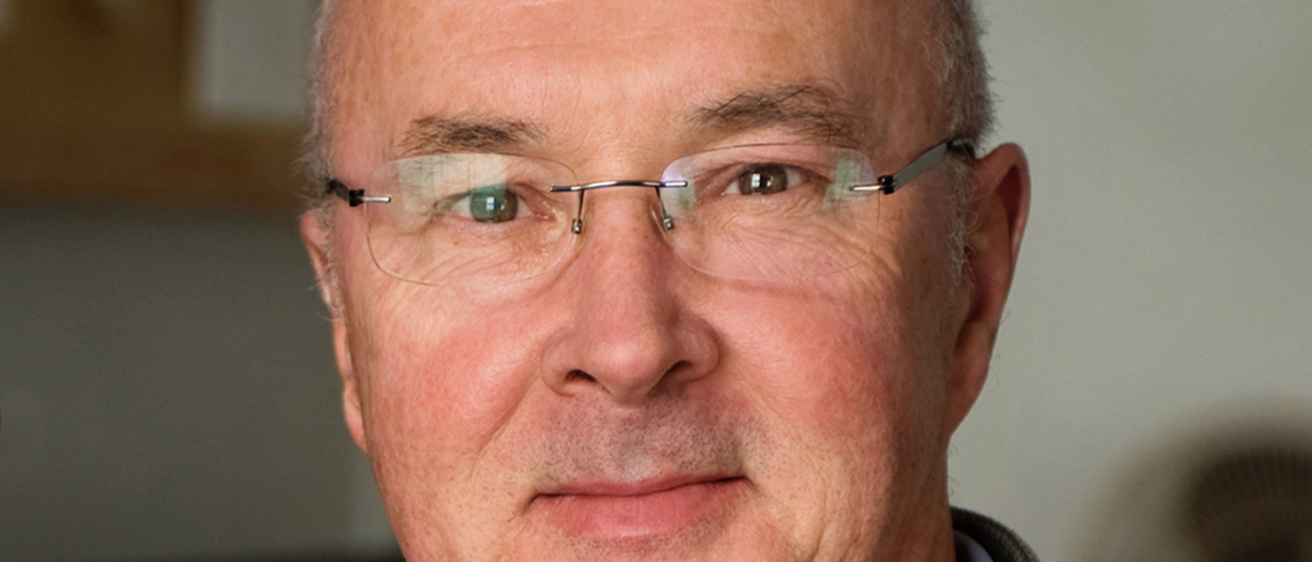Universities used to prepare the majority of their Ph.D. students for careers as college professors. Not so much anymore, says John Keller, associate provost for graduate education and Graduate College dean at the University of Iowa.

“Only 20 percent of students across our Ph.D. disciplines move into faculty positions either immediately or within a five-year period after graduation,” Keller said during his annual State of Graduate Education Address March 9 at the Art Building West Auditorium.
So, what happens to the other 80 percent?
They’re landing jobs outside academia, where employers are looking for individuals with solid research and scholarly skills. But employers also expect these prospective employees to be adept at communicating, working in teams, and seeing the world from a multicultural perspective.
Keller believes the UI has an obligation to prepare its master's and Ph.D. students for the careers they are likely to pursue, not just for traditional academic positions. He believes that the UI Graduate College has made great strides in evolving to meet the needs of today’s graduate students, but it must also be competitive with the other 61 members of the prestigious Association of American Universities.
“Trust me; we’re a really good place,” he says. “But we’re not where we would like to think we are, in my opinion. So, how do we get there?”
One way, Keller says, is going digital, which has already has freed up staff to spend more time with students, providing more career counseling and professional development.
“We’ve put a lot of emphasis on that these last few years,” he says
The Graduate College underwent a major restructuring this past year, a big part of which was the digitization of student records. The change has allowed staff to electronically track students from admission to graduation and more closely monitor their progress.
The digital records have also made it easier for administrators to track analytics, such as how many students are in post-composition status or how long it is taking students to complete their programs.
Keller believes the key to excellence is embracing change and taking calculated risks. For the Graduate College, that means learning how to prepare students for multiple types of careers, not just academic posts.
“How do we prepare them to be better communicators?” he asks. “How do we prepare them to engage with the public? How do we get them to think in a diversified disciplinary matter?”
The answers could mean revamping some graduate programs to better prepare graduate students for the careers they will undertake.
“We are trying to figure out a way to use our resources to reach these touch points of where students need support,” Keller says.
The UI Graduate College has 110 graduate programs, about 75 of which also offer Doctor of Philosophy degrees. At any given time, there are about 5,000 graduate students on the UI campus whose degrees are conferred by the Graduate College. About 2,700 to 2,800 are doctoral students.
